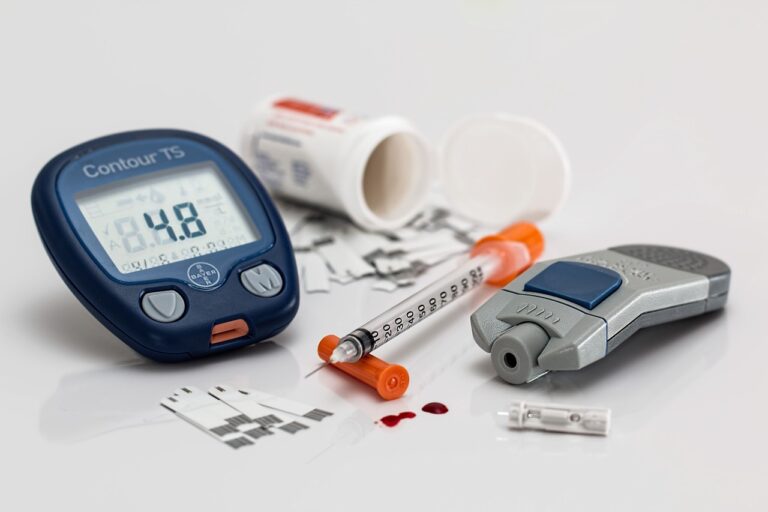Mental Health and Emotional Intelligence: Developing Self-Awareness
cricketbet999, 11xplay online id, betbhai9:Mental health and emotional intelligence are two crucial components of overall well-being. Developing self-awareness is a key aspect of both, as it allows individuals to understand and manage their emotions effectively. In this article, we will explore the importance of self-awareness in relation to mental health and emotional intelligence, and provide tips on how to enhance this skill.
Understanding Self-Awareness
Self-awareness refers to the ability to recognize and understand one’s own emotions, thoughts, and behaviors. It involves being conscious of how these factors can impact oneself and others, and being able to regulate them accordingly. Self-awareness is a fundamental aspect of emotional intelligence, which plays a significant role in mental health.
Importance of Self-Awareness in Mental Health
Self-awareness is critical for maintaining good mental health. When individuals are self-aware, they are better able to identify and express their emotions in a healthy way. This can prevent the build-up of negative emotions such as stress, anxiety, and depression. Self-awareness also allows individuals to recognize patterns in their thoughts and behaviors, enabling them to make positive changes and cope with challenges more effectively.
Developing Self-Awareness for Emotional Intelligence
There are several ways to develop self-awareness as part of emotional intelligence. One effective method is mindfulness practice, which involves being present in the moment and observing one’s thoughts and emotions without judgment. Journaling can also help individuals track their emotions and identify triggers that may impact their mental health. Seeking feedback from others can provide valuable insights into one’s blind spots and areas for growth.
Tips for Enhancing Self-Awareness
1. Practice mindfulness: Take time each day to focus on the present moment and observe your thoughts and emotions without reacting to them.
2. Keep a journal: Write down your thoughts and feelings regularly to track patterns and identify triggers.
3. Seek feedback: Ask trusted friends, family members, or colleagues for honest feedback on your behavior and communication style.
4. Reflect on your experiences: Take time to reflect on past experiences and how they have shaped your beliefs and behaviors.
5. Practice self-compassion: Be kind to yourself and accept your emotions without judgment.
6. Consider therapy: Therapy can provide a safe space to explore your emotions and gain self-awareness with the help of a professional.
FAQs
Q: How does self-awareness contribute to emotional intelligence?
A: Self-awareness is the foundation of emotional intelligence, as it allows individuals to understand and manage their own emotions effectively, leading to greater empathy and emotional regulation.
Q: Can self-awareness improve mental health?
A: Yes, developing self-awareness can significantly improve mental health by helping individuals identify and manage their emotions in a healthy way, leading to reduced stress, anxiety, and depression.
Q: What are some signs of low self-awareness?
A: Signs of low self-awareness include difficulty recognizing and expressing emotions, frequent mood swings, and a lack of insight into one’s own behavior and its impact on others.
In conclusion, developing self-awareness is essential for improving mental health and emotional intelligence. By cultivating this skill through mindfulness, journaling, seeking feedback, and self-reflection, individuals can gain a deeper understanding of themselves and enhance their overall well-being.







